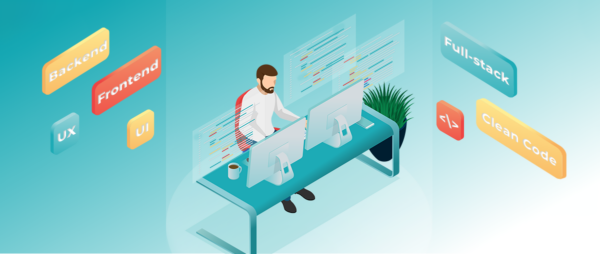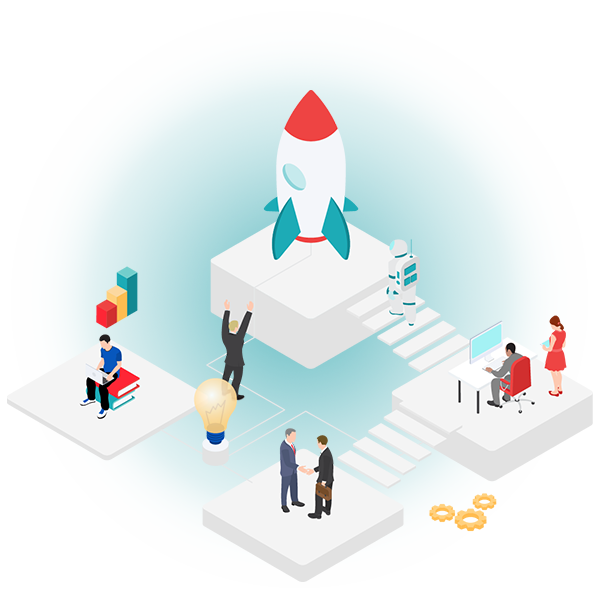5 ways to increase your business performance with artificial intelligence
Reading time : 2 minutesArtificial intelligence (ai) is transforming modern industries in many ways. Beyond technical considerations, how can your company and your business strategies benefit from these innovations?
1. More accurate demand and forecasting
With AI and machine learning, systems can put hundreds of production models to the test, comparing possible outcomes. These analyses adapt quickly when the context changes, including new product information, disruptions in the production line, or changes in demand. And the numbers here are impressive: Mc Kinsey estimates that 65% of lost sales due to product unavailability could be avoided.(1)
By implementing these technologies, McKinsey also estimates that a 20% to 50% reduction in inventories is realistic,(1) which implies a decrease in overall warehousing costs.
Artificial intelligence (AI)(2) is intelligence demonstrated by machines, as opposed to the natural intelligence displayed by humans or animals. Machines become capable of processing language and visual information, recognizing patterns or making decisions.
One aspect of AI is machine learning: it allows systems to “learn” autonomously, directly from data. Systems equipped with this technology have the ability to improve their performance without additional programming.(3)
2. Better maintenance planning
Increasing your ability to predict maintenance has a direct impact on your company’s operational efficiency. Imagine the following scenario: you adapt your equipment with sensors that continuously evaluate and analyze their condition. AI processes the data collected so that maintenance is performed at the most appropriate times rather than at regular intervals, thus minimizing the consequences of downtime. Automatically, your inventory is consulted, an order for the necessary parts is generated and a slot is reserved in the schedule of a qualified employee to carry out the work. What’s more, AI can process the data based on algorithms to predict potential machinery failures.
According to McKinsey, improved maintenance planning with AI could increase your equipment productivity by up to 20%. Maintenance costs, meanwhile, could see an annual decrease of up to 10%.(1)
3. Highly-customized production
Personalization of products and services is a “global mega-trend”(4) that will become increasingly difficult to ignore. Thanks to AI and innovative solutions, companies are now able to create products perfectly tailored to each customer. And personalization is a significant selling point: according to Deloitte, 20% of consumers would even be willing to pay 20% more for a personalized product or service.(5)
4. Optimized processes
Do you like the idea of equipment that can optimize its performance autonomously? With AI-enabled equipment using machine learning algorithms, it’s no longer science fiction. AI systems track quality, time, errors and downtime to suggest or directly apply actions to optimize your production.
Process optimization also improves the performance of areas such as finance, human resources or IT. McKinsey estimates that 30% of business support operations could be automated, freeing up time to perform value-added tasks. Implementing AI-enabled decision support systems increases accuracy, consistency, flexibility, speed and traceability of results.(1)
5. An efficient supply chain
By combining AI and machine learning, the data generated at every stage of your supply chain is not only accessible, it’s the basis for strategic sourcing. From the bid to the arrival of your material, McKinsey estimates that machine learning can reduce forecasting errors in your supply chain by 20-50%. Transportation and warehousing costs then drop by 5-10%, while your supply chain administration costs drop by 25-40%.(1)
Considering implementing AI in your company?
Contact our experts, they’ll be happy to discuss it with you!
Sources:
(1) McKinsey, Smartening up withArtificial Intelligence (AI)
(2) Wikipedia, Intelligence articielle
(3) Wikipedia, Apprentissage automatique





